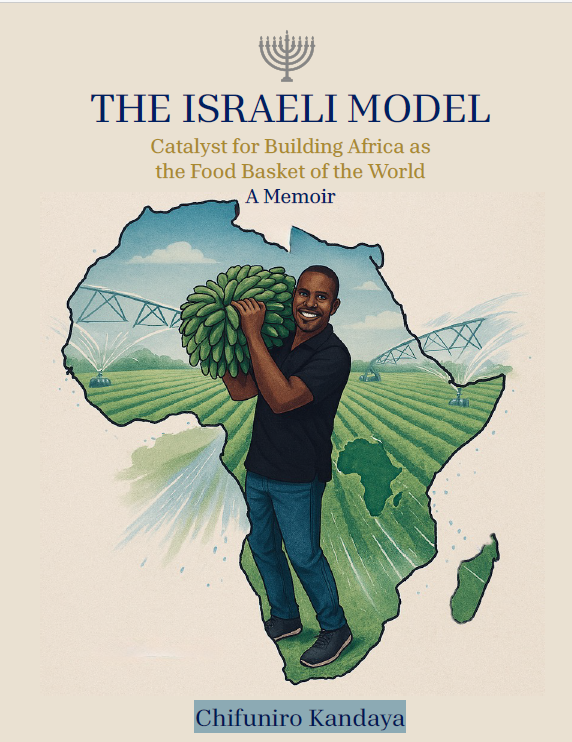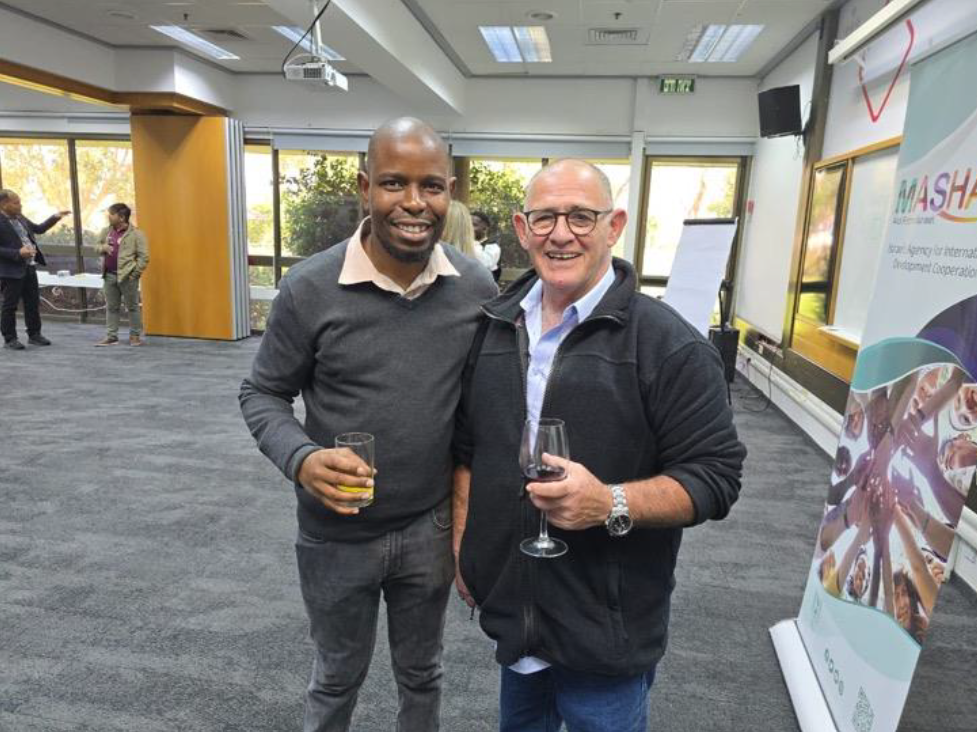
By Chifuniro Kandaya
In a world defined by uncertainty and shifting economic tides, partnerships rooted in shared vision and mutual respect are more vital than ever. My recent visit to Israel underscored just how transformative such collaborations can be, especially between Israel and Africa.
As a Malawian agribusiness development catalyst, I arrived in Israel eager to explore the country’s remarkable agricultural and technological achievements. What I encountered went far beyond innovation. I witnessed a mindset — a national culture shaped by resilience, pragmatism, and an unwavering focus on problem-solving.
Israel’s success is not accidental. It’s a country that turned desert into farmland, scarcity into strength. I saw firsthand how Israel’s challenges — limited land, scarce water, regional instability — have become catalysts for innovation. From drip irrigation and solar-powered systems to the seamless integration of research and entrepreneurship, Israel has demonstrated how more can be done with less.
This is where Africa, particularly its emerging economies, stands to benefit. Many African nations face similar challenges: climate shocks, food insecurity, and underutilized land. Israel’s practical solutions and agile innovation systems offer a blueprint for turning these obstacles into opportunities.
Lessons for Africa’s Development
The most valuable export from Israel is not just its technology, it’s its approach. The emphasis on research-driven decision-making, strong public-private partnerships, and sustained investment in human capital are all practices African leaders can adapt and build upon.
Institutions like MASHAV (Israel’s Agency for International Development Cooperation) demonstrate that development cooperation can go beyond aid, focusing instead on training, capacity-building, and empowerment.
A Two-Way Street
This relationship is not one-sided. Africa offers Israeli innovators vast new markets, a youthful population, and untapped agricultural potential. There is significant room for Israeli agritech firms, education institutions, and energy startups to forge meaningful partnerships on the continent.
Moreover, Africa brings cultural richness, resilience, and growing innovation ecosystems of its own. Collaboration should not be limited to technology transfer, but expanded to co-creation, where Israeli and African entrepreneurs develop solutions together.
If we are to build meaningful cooperation, we must move from diplomacy to deal-making. We must create trade frameworks, knowledge exchanges, and joint ventures that deliver tangible results for our communities.
My visit to Israel left me convinced: the future belongs to those who collaborate, innovate, and build together.
—
The writer is a Malawian agribusiness development catalyst with a strong interest in international cooperation, innovation ecosystems, and sustainable growth. He has recently returned from Israel and published a memoir on his visit.
